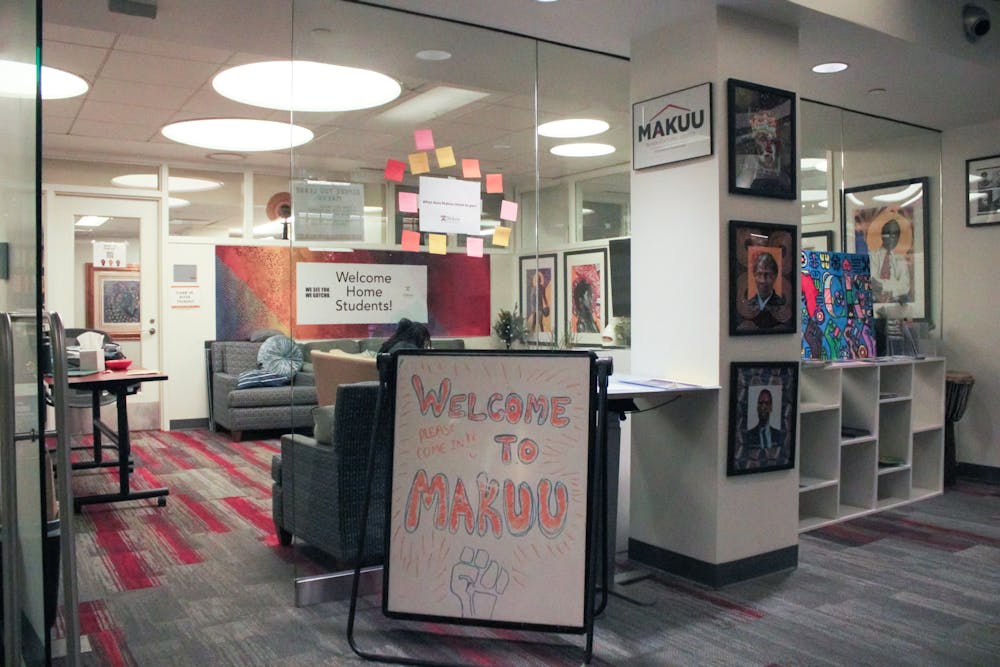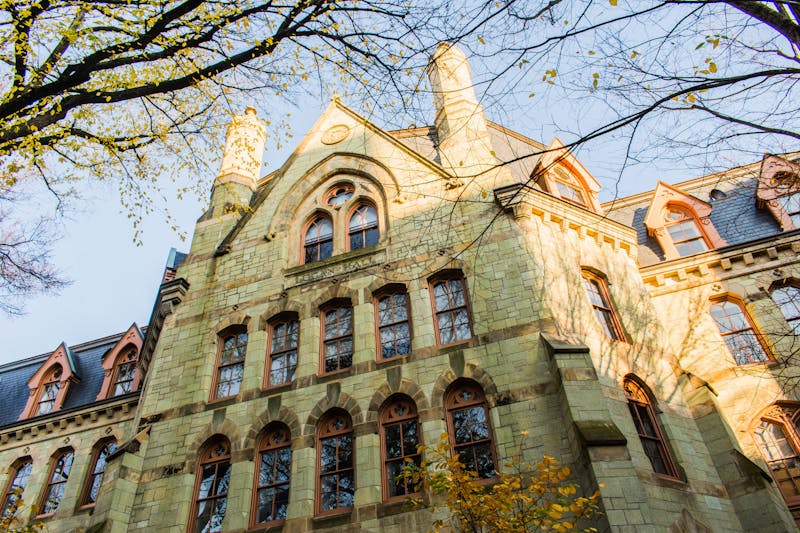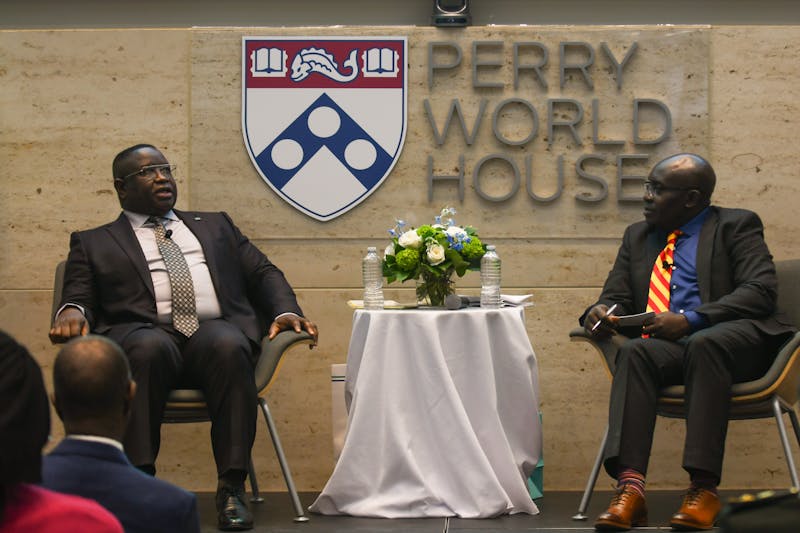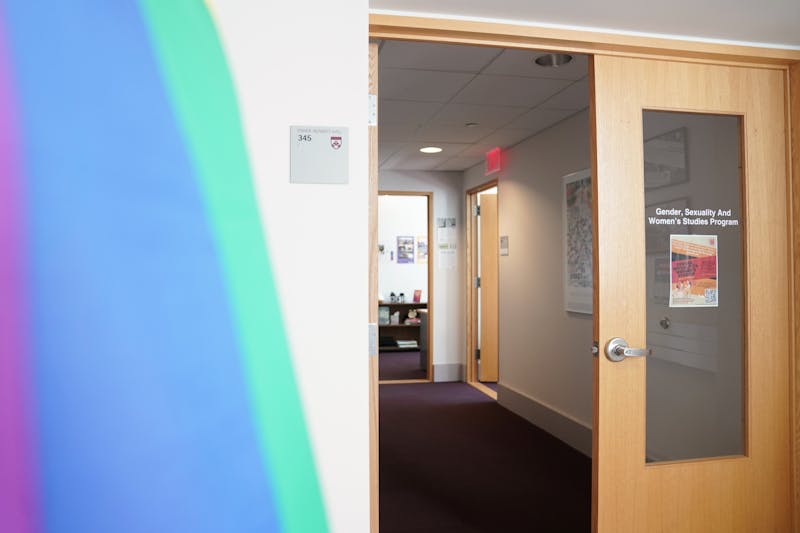
Members and alumni of the Robeson Cooper Scholars Program spoke with The Daily Pennsylvanian about how the program has impacted their time at Penn and beyond.
The Robeson scholars program aims "to identify and nurture students interested in interdisciplinary social justice excellence in and out of the classroom." The program runs out of Makuu, Penn's Black Cultural Center, and selects 15 students interested in social justice to form annual cohorts. Scholars are selected based off their civic engagement and community involvement within Penn and Philadelphia.
The Robeson scholars program was founded in 2007. It is led by Makuu Director Brian Peterson and Makuu Associate Director Michelle Houston, who did not respond to a request for comment.
2019 College graduate Adamseged Abebe described the program as "great exposure to the ideals and the concepts of what it means to be an African-American in the U.S."
Abebe, who is from Ethiopia, said that the Robeson Cooper Scholars Program created a space for him and other international students to engage in discourse surrounding race in the U.S.
“For internationals, there may be a sense of misunderstanding or perhaps lack of care about the issues in the U.S. because there are so many back home that you care about. It can be a missed opportunity to engage, especially as a Black person, in critical issues like race,” he said.
Abebe earned a Bachelor of Science and a Master of Science from Penn. He became the first Ethiopian to be awarded an inaugural Global Rhodes Scholarship for graduate study at the University of Oxford in 2018. After completing his doctorate in philosophy, he began his work at the World Bank in Washington.
College senior Jayla Rhodes was invited to join the collective of scholars during the pandemic, before her first year at Penn. For her, the Robeson scholars program was an early gateway into Penn’s Black community.
"[Robeson scholars] has been a stable environment to keep me grounded in my understanding of the community, not only from the directors but also from the mentorship of other Black students who went through it,” she told the DP.
Rhodes is currently pursuing a degree in architecture — with plans to attend graduate school after her gap year — and hopes to become involved in urban planning and development. She shared her visions for improved connection between scholars.
She hopes the program "can give people the opportunity to become informed about the resources available and start using them earlier than I did." Rhodes also praised the program’s access to resources but said that participants “are not as interconnected.”
College junior Ebunoluwa Akadiri credited the Robeson Program for helping to curate more spaces for Black artists at Penn. In addition to being a scholar, Akadiri is also president of The Inspiration — an acapella group that celebrates the legacy of the Black diaspora — and is a co-founder of QBlack, a student organization that creates a safe space for Black, queer students.
“I hope that as people continue to join the program they continue to use that space to grow more spaces for Black voices, because I truly believe there is not enough of that,” Akadiri told the DP.
Akadiri said she has acquired a number of skills through the program, improving her public speaking, experiencing intellectual growth, and gaining knowledge of contemporary issues. She also credited the program for her overall growth as a community member.
“The program truly enables you to put your best foot forward and step into spaces you otherwise would not have,” she said. “More than being an academic and scholarly program, it is also a program that takes the time to care about us not only as students but as people."
Akadiri plans to enter the healthcare consulting sector after graduating and hopes to pursue a Master of Public Health and a J.D. to help disenfranchised people of color.
Scholars LAO highlighted the informal connections and space of belonging as an essential characteristic of the program.
“For anybody else who envisions themselves either needing it or wanting it, they would certainly find a home in Robeson Cooper,” Rhodes said.
Abebe emphasized his hope that the program will become better funded in the future.
“There are several organizations that are better funded [than the Scholars program],” Abebe said. “That tells you about the inequality in what is available in fellowships, so there is an opportunity to make the program stronger.”
The Daily Pennsylvanian is an independent, student-run newspaper. Please consider making a donation to support the coverage that shapes the University. Your generosity ensures a future of strong journalism at Penn.
Donate











